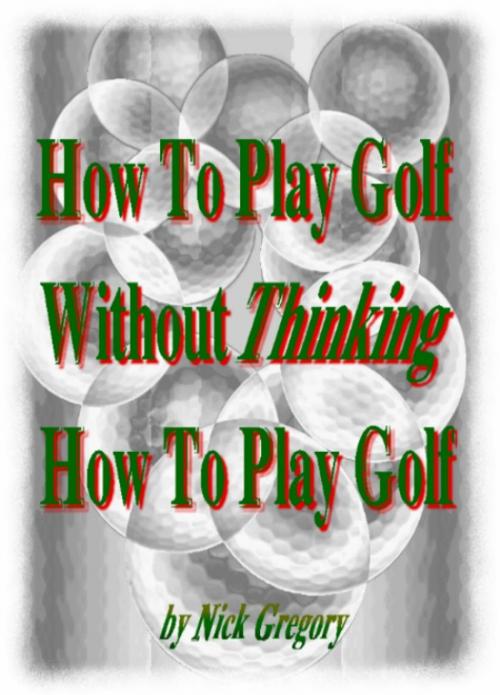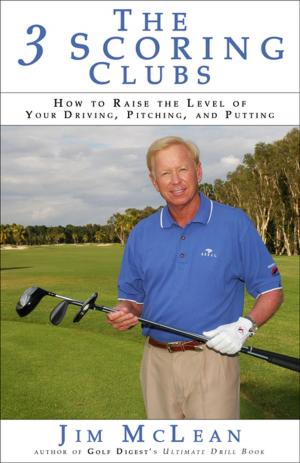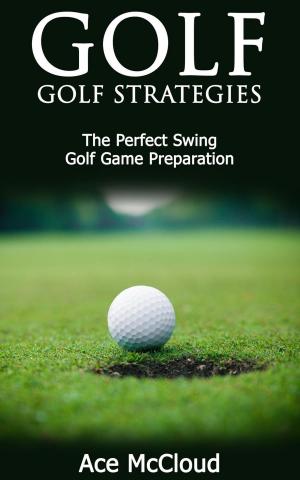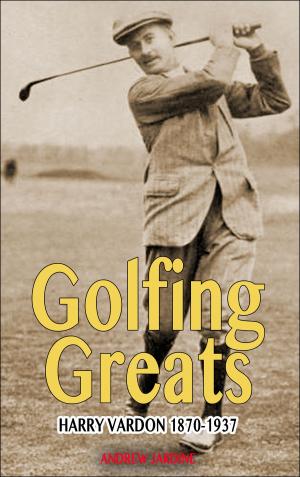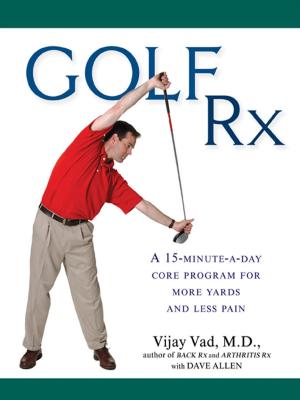| Author: | Nick Gregory | ISBN: | 9781466171466 |
| Publisher: | Brian Smith | Publication: | December 30, 2011 |
| Imprint: | Smashwords Edition | Language: | English |
| Author: | Nick Gregory |
| ISBN: | 9781466171466 |
| Publisher: | Brian Smith |
| Publication: | December 30, 2011 |
| Imprint: | Smashwords Edition |
| Language: | English |
There are techniques that allow the mind to direct the body naturally to achieve the objectives of a game-plan without considering the mechanics of “the golf-swing”. this is particularly important when opportunities to practise are limited, as are often the case with the hectic lives of business people and /or those with family commitments who play golf. they often rely on quick-fix tips to try to keep their swings in shape during a game, which results in the wrong focus of attention.in soccer or tennis, for example, when a player strikes the ball the predominant thought is - the target, as reaction time is short. it would be impossible to think about how to make a shot in a match and still be effective. however, in golf, reaction time is not a factor, therefore a player has plenty of time to think between strokes and so may perform less instinctively by dwelling more on “how to play,” rather than playing the game itself. In the book this is rectified by confirming certain basics, by challenging certain axioms of tuition and offering some new approaches, both mental and physical, to the overall concept of play. These include on and off the course tips and strategies to improve performance and scoring... …
There are techniques that allow the mind to direct the body naturally to achieve the objectives of a game-plan without considering the mechanics of “the golf-swing”. this is particularly important when opportunities to practise are limited, as are often the case with the hectic lives of business people and /or those with family commitments who play golf. they often rely on quick-fix tips to try to keep their swings in shape during a game, which results in the wrong focus of attention.in soccer or tennis, for example, when a player strikes the ball the predominant thought is - the target, as reaction time is short. it would be impossible to think about how to make a shot in a match and still be effective. however, in golf, reaction time is not a factor, therefore a player has plenty of time to think between strokes and so may perform less instinctively by dwelling more on “how to play,” rather than playing the game itself. In the book this is rectified by confirming certain basics, by challenging certain axioms of tuition and offering some new approaches, both mental and physical, to the overall concept of play. These include on and off the course tips and strategies to improve performance and scoring... …
